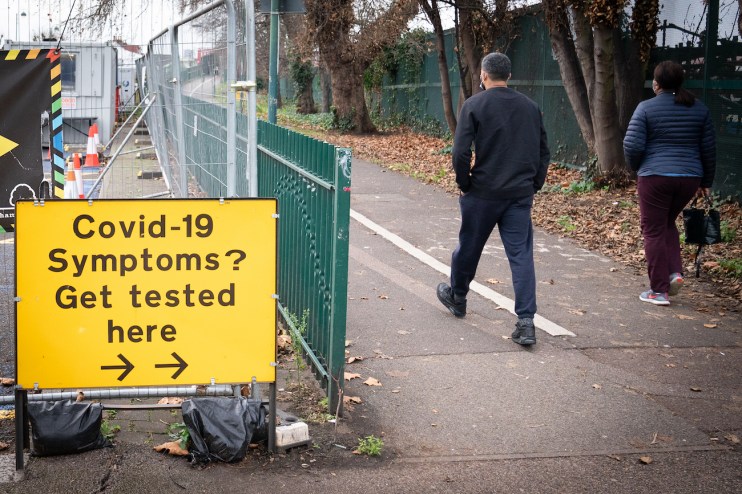Taxpayer foots bad Covid loan bill of £7.4bn amid ‘uncomfortable level of fraud’

The government has already had to foot a £7.4bn bill to settle bad loans with banks claiming a further £1.13bn, amid an “uncomfortable” level of fraud.
With £2.23bn more in arrears and £750m in default, taxpayers could be on the hook for total of £11.5bn from Covid-era loans, according to figures from the Department of Business, Energy and Industrial Strategy.
Around £77bn was lent under three separate Covid-loan schemes with the majority made up by the £46.6bn bounce back loan scheme. Unlike the other two loan schemes, bounce back loans received a 100 per cent guarantee from the government.
Nearly 15 per cent of bounce back loans have been settled by the government.
The UK’s bounce back scheme saw banks pay out zero interest loans of up to £50,000 to small and medium enterprises on a six-year basis.
While banks were praised for the speed at which they aided businesses, concerns have repeatedly been raised that bounce back loans were being used for criminal purposes.
Benjamin Wiles, managing director insolvency firm Kroll noted there was “an uncomfortable level of suspected fraud, albeit it seems a lot lower than original concerns.”
Across the bounce-back loans, £1.7bn has been flagged by lenders as potential fraud – a 43 per cent rise on previous estimates.
Starling Bank in particular has been criticised for failing to perform adequate checks when it made the loans.
Starling boss Anne Boden has previously vigorously refuted the claims that the bank failed to take appropriate measures when handing out bounce back loans. “Starling has done a fantastic job in making sure we did all the checks necessary and more,” Boden said in May last year.
“Starling takes a strong and proactive stance on BBLS to protect taxpayers’ money, as well as to support our customers to help them repay their loans,” a Starling spokesperson said.
Wiles said he expected more firms who took out Covid loans to fail in the months to come as economic conditions deteriorate, but said it will be “difficult to assess whether some of these businesses would have failed anyway given the current economic climate”.
“Hindsight is always helpful, but the schemes were vital at the time they were available,” Wiles said.